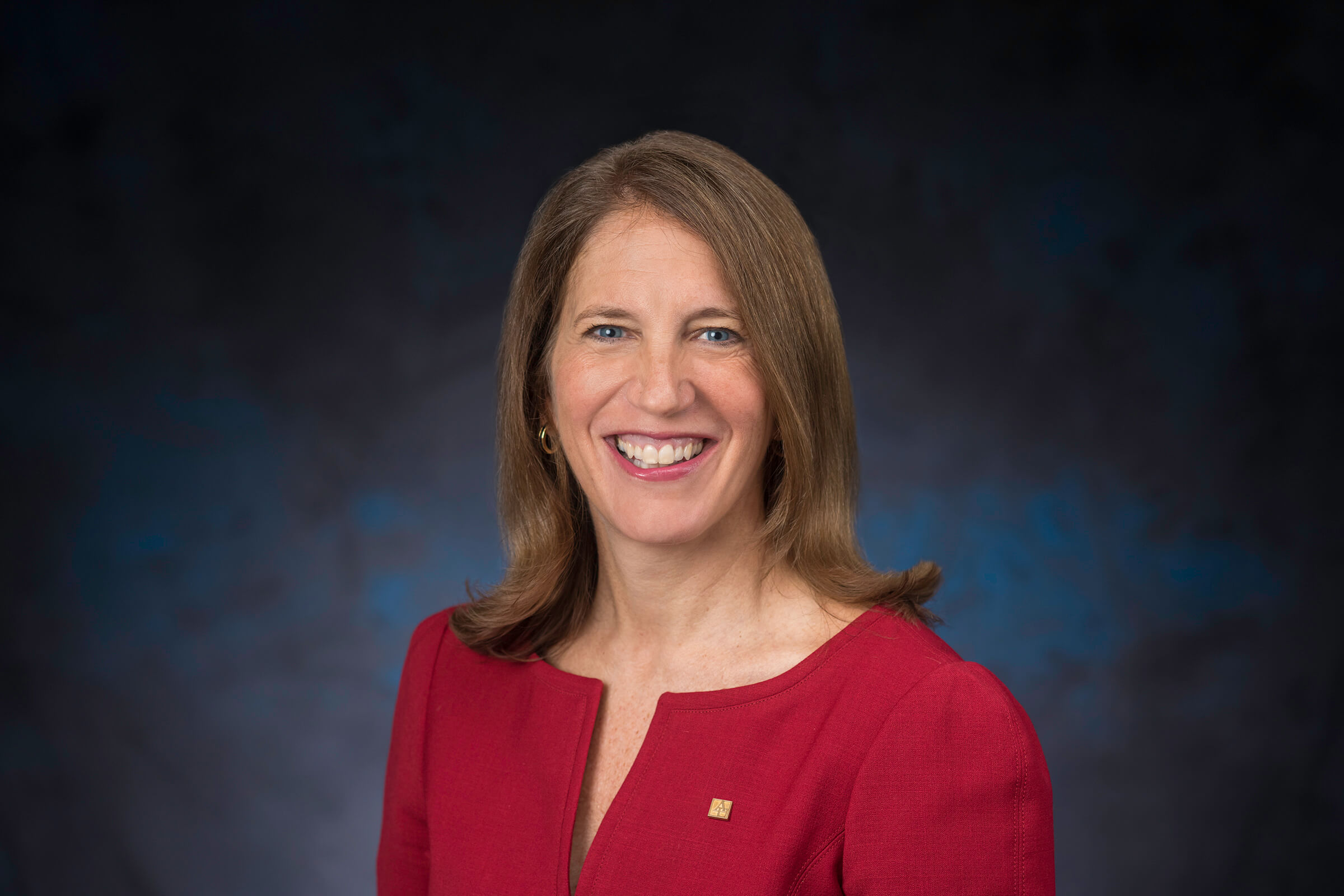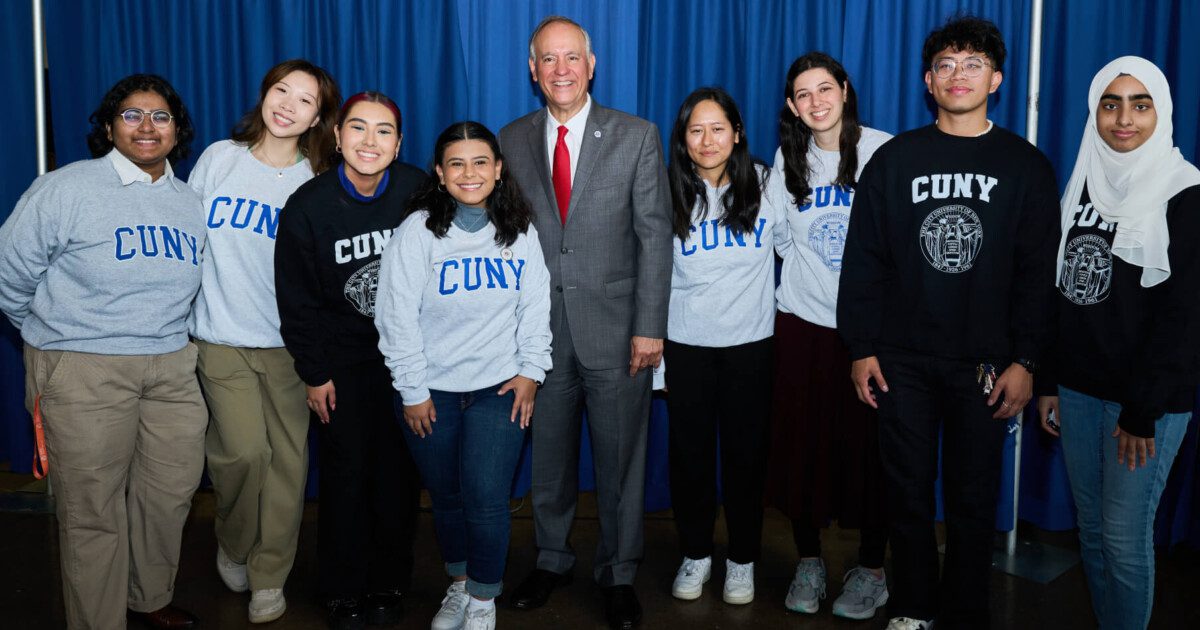
The numbers are startling. Mental health challenges among United States college students increased by more than 100% in eight years, with the largest increase seen among non-white students, according to a recent study by the Healthy Minds Network. And, while the good news is that more students are seeking help and the stigma around mental illness is slowly fading, demand for support services far outpaces supply, particularly for students of color.
As president of American University (AU), these numbers keep me up at night. I don’t have to look at the data to know that mental health challenges can impact every aspect of our students’ lives. I see these impacts across our campus every day, and I know others are experiencing similar trends on campuses across our nation.
If we’re going to create and implement long-term solutions that address both the supply and the demand issues, we need to apply the same three-pronged approach we have used in other public health crises: prevention, detection, and response.
At the same time, we must ensure we’re differentiating what services are needed throughout every stage of our approach by understanding the unique needs of each individual student, and by accurately assessing their situation to provide an appropriate level of care.
At AU, our approach to prevention begins with a comprehensive focus on the whole person. Student thriving is a campuswide priority. We ask ourselves: What does our unique population of students need to be healthy physically, mentally, and socially?
If we’re going to create and implement long-term solutions that address both the supply and the demand issues, we need to apply the same three-pronged approach we have used in other public health crises: prevention, detection, and response.
We are finding creative ways to meet those needs in our campus environment—from our 84-acre campuswide arboretum that provides space for our community to gather, engage, and recharge; to our specialty housing communities that bring students together to live and explore a common interest or academic pursuit.
We know that financial challenges cause stress for many of our students. We’re working to address this stress through the Elevate Scholarship Initiative, a philanthropic effort to raise $25 million—matched by another $25 million from the university—to support undergraduate students enrolled at AU who are experiencing financial hardships.
And we’re working to create a sense of inclusion and belonging throughout our community to ensure that our students have support networks that both help to counter feelings of loneliness and depression and provide opportunities to seek, and find, assistance.
We believe that detection must be a community effort—our Care Network empowers all AU community members to identify students experiencing mental health and other challenges and help them access the assistance they need.
And, as part of our strategic focus on scholarship, learning, and community, we’re working to address the root causes of this crisis on a macro level. Our faculty are at the cutting-edge of mental health research—from Dr. Terry Davidson’s work with the Center for Behavioral Neuroscience, which is poised to transform our understanding of addiction; to Dr. Kate Gunthert’s work with the Stress and Emotion Lab, which uses intensive daily monitoring techniques to better understand and address symptoms of depression.
We also know that a comprehensive response is important, both in terms of providing timely and effective care, and being thoughtful about what we can do with our resources. Above all, we anchor our response in the idea of the whole student and our values of inclusion.
/If we are to make progress on this crisis, we need to know what success looks like by asking ourselves crucial questions about growth, responsibility, and accountability.
When students access our services, the first step is a solid initial assessment from a strong clinical team. We offer both individual and group therapy, with specific services for specific populations, such as racially-diverse clinicians who are skilled at providing services to students of color at predominantly white institutions, or through our use of technology to connect our students with a licensed clinician any time of the day or night.
If we are to make progress on this crisis, we need to know what success looks like by asking ourselves crucial questions about growth, responsibility, and accountability. College students need to be supported and challenged to develop intellectually, socially, and morally. The college experience shouldn’t be so overwhelming that our students retreat and ultimately face mental health challenges, or so comfortable that there is no incentive to grow.
And we must embrace the power of communities to act as the ultimate prevention tool—study after study has shown that building inclusive communities creates the social connections our students need to develop resiliency, be challenged and supported, and ultimately become the changemakers of tomorrow.
Together, we can learn from today’s numbers and create a new story of mental health and wellness for our students.
Sylvia Mathews Burwell is the 15th president of American University and the first woman to serve as president. She previously served as Secretary of the U.S. Department of Health and Human Services and as Director of the Office of Management and Budget.
The post A Public Health Approach to the Campus Mental Health Crisis appeared first on LearningWell Magazine.




